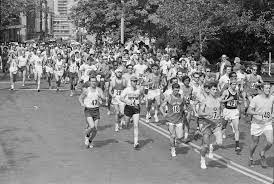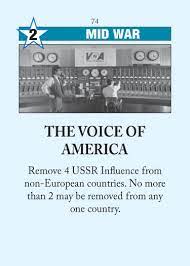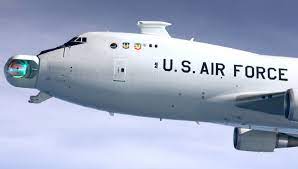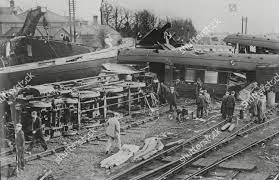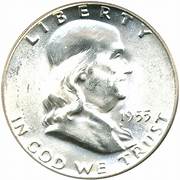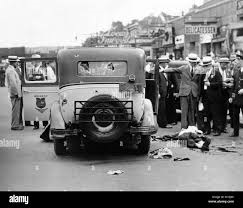On September 13, 1970, the streets of New York City were filled with excitement and anticipation as the first-ever New York City Marathon took place. This historic event marked the beginning of a tradition that would grow into one of the world's most iconic and prestigious long-distance races.
Organized by Fred Lebow and Vince Chiappetta, the inaugural New York City Marathon had humble beginnings. With just 127 participants, the race started in Central Park and took runners on a 26.2-mile journey through the city's five boroughs – Staten Island, Brooklyn, Queens, the Bronx, and Manhattan.
The first New York City Marathon was not without its challenges. The course was not closed to traffic, and runners had to navigate through busy city streets alongside vehicles. Additionally, there were limited resources and amenities for participants, with water stations being simple card tables manned by volunteers.
Despite these obstacles, the spirit of the race and the determination of the runners shone through. Gary Muhrcke, a firefighter, emerged as the first-ever winner of the New York City Marathon, finishing the race in a time of 2 hours, 31 minutes, and 39 seconds. Nina Kuscsik, a runner from New York, crossed the finish line as the women's champion, with a time of 3 hours, 8 minutes, and 41 seconds.
The success of the first New York City Marathon laid the foundation for future editions of the race. The following year, the course was altered to include a finish in Central Park, providing a more iconic and spectator-friendly finale. As the years went by, the race grew in popularity and stature, attracting elite runners from around the world.
The New York City Marathon became known for its challenging course, diverse and enthusiastic crowds, and the vibrant atmosphere of the city itself. It became an annual event that drew thousands of participants and even more spectators, with millions tuning in to watch the race on television.
Over the years, the New York City Marathon has produced countless memorable moments and inspiring stories. It has been a stage for world records, incredible comebacks, and remarkable displays of human endurance. The race has also become a platform for charitable causes, with participants raising millions of dollars for various organizations.
The New York City Marathon has become an integral part of the city's identity. It showcases the diversity and resilience of New York, as runners from all walks of life come together to challenge themselves and celebrate the human spirit. The race has become a symbol of unity, as people from different backgrounds and nations gather to cheer on the runners and share in the excitement.
Today, the New York City Marathon continues to be one of the most prestigious and sought-after races in the world. It attracts elite athletes, recreational runners, and first-time marathoners alike. The event has grown in scale and organization, with improved amenities, increased security measures, and a greater emphasis on sustainability.
The first New York City Marathon on September 13, 1970, was the beginning of a remarkable journey. It laid the foundation for what has become a global phenomenon, inspiring millions of people to push their limits and achieve their goals. The race embodies the spirit of determination, community, and the pursuit of excellence, making it a true testament to the power of sport.
